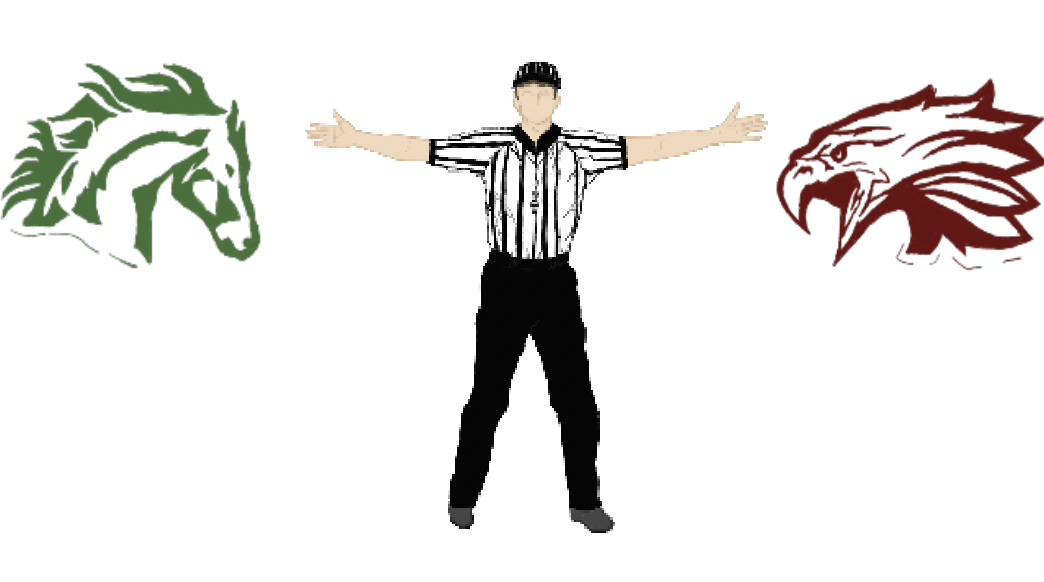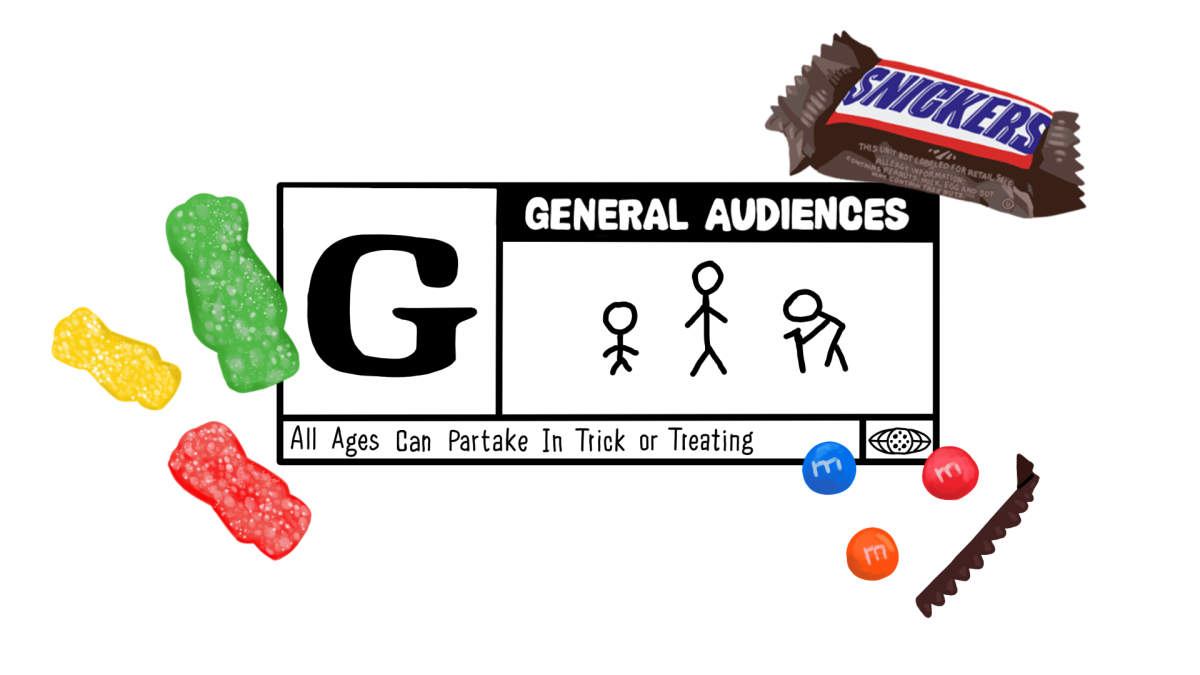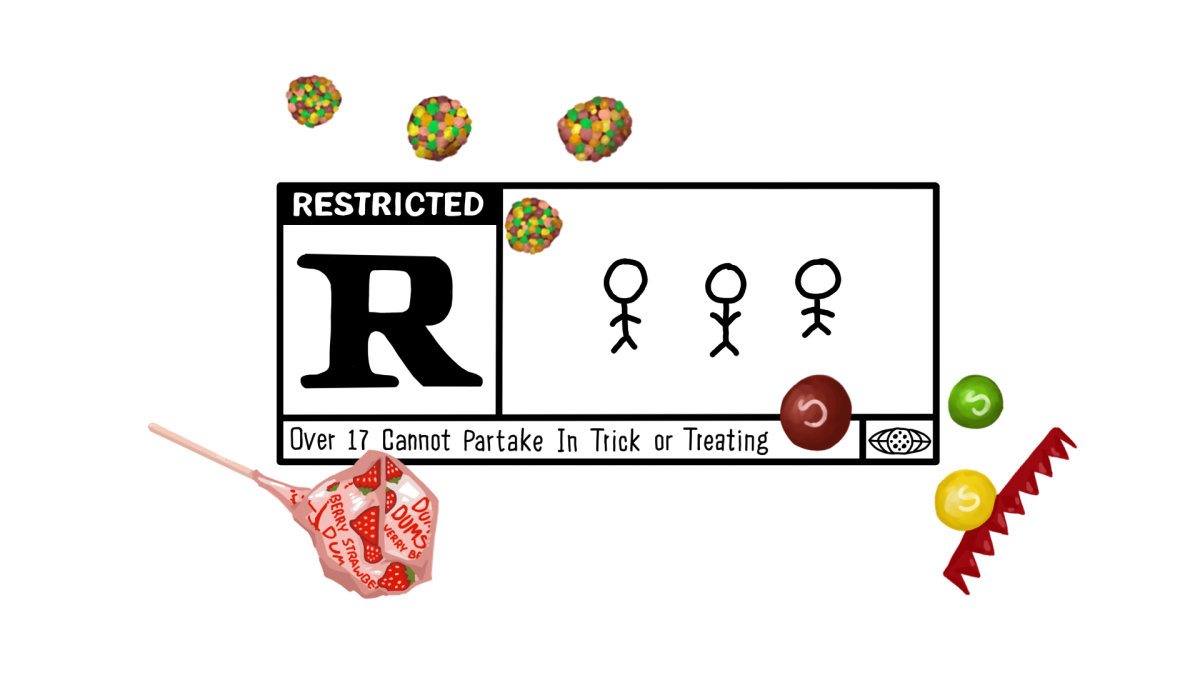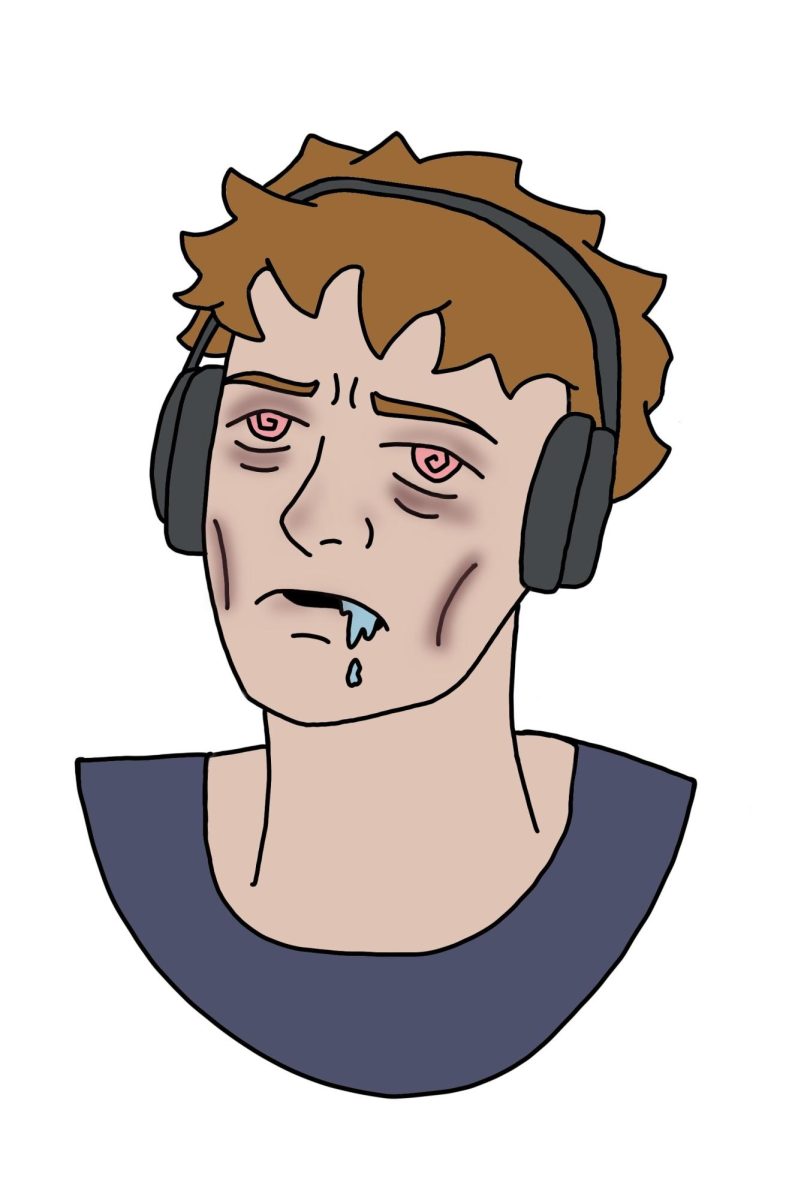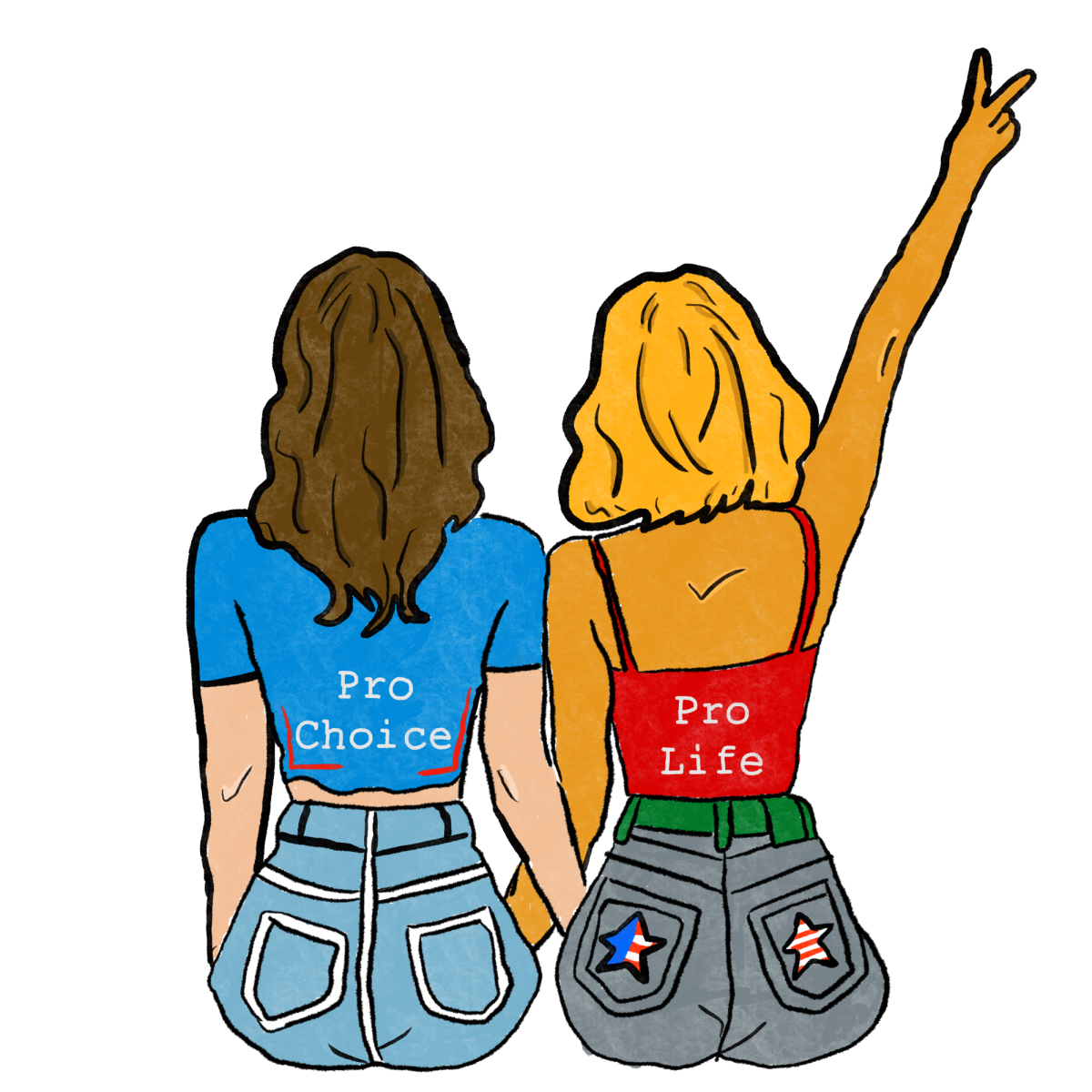In recent years, society has witnessed the gentrification of neighborhoods, coffee shops, and now, the very secondhand stores that once served those displaced by gentrification. With the rise in usage of secondhand fashion apps like Depop, Poshmark and Vinted, we are seeing the abuse of secondhand stores by those wishing to take advantage of the cheap prices to make a larger profit. The journey of a donated garment is meant to be circular, ending with someone who needs it, but now, resellers are interrupting that cycle, rerouting those clothes onto a linear path of profit.
The concept of reselling is simple. The resellers go into secondhand stores, whether it is Goodwill, Savers, Salvation Army or even garage sales, and they pick out items that they feel people would want to buy. Then, they wash it, take a picture of it, and post it onto secondhand fashion websites at a significant markup. In doing so, they act as middlemen between the original source and the end consumer. Some consider it their full-time job, and others consider it a hobby for extra pocket money. Regardless, both are unethical.
Greed is the perfect word to describe it. To buy a shirt for $5 and then sell it for $60 is nothing short of selfish desire. While many make the argument that by reselling the clothing items, they are preventing them from going into landfills and putting more pollution into our atmosphere. The reality is they are not the environmental saviors they think they are. The clothes that these people are buying are ones that they know have enough market value to inflate the price. Had a reseller not snatched it up, someone else would have bought it and given it a new home, whose purchase is not profit-driven. When we look at the clothes on these sites, we are not looking at undesirable grandma-print shirts and orthopedic shoes; we are looking at hot commodities, clothes that people like so much that they are willing to pay a hefty price for. So it is a complete lie when resellers try to claim that they are helping the planet by doing this, because they are not. If they truly wanted to help the environment or cared about the landfills clothes go into, they would be advocating against fast fashion and its unethicality, both environmentally and in labor practices. It is not Goodwill and Savors that is causing an unnecessary addition to our already ever-growing pollution problem, but fast fashion companies.
The bottom line is that resellers are stealing from the people who genuinely need it, the people who cannot afford the latest fashion, and that is incredibly unethical. Shoving their way into the Goodwill “bins,” which are notoriously low-priced, to scavenge through the piles of clothing for items that they know they can make a quick buck off of, clothes that they are not even going to wear. It is pure greed that motivates them. This is not to say that secondhand shopping is inherently unethical, because it is not. In fact, it is great for the environment, because people are giving these clothes a second life instead of buying from fast fashion companies that emit incredible amounts of carbon dioxide into the air. However, rifling through aisles for clothes, then buying and marking them up when they could have been worn by someone who would genuinely love and care for the item, is simply wrong.






